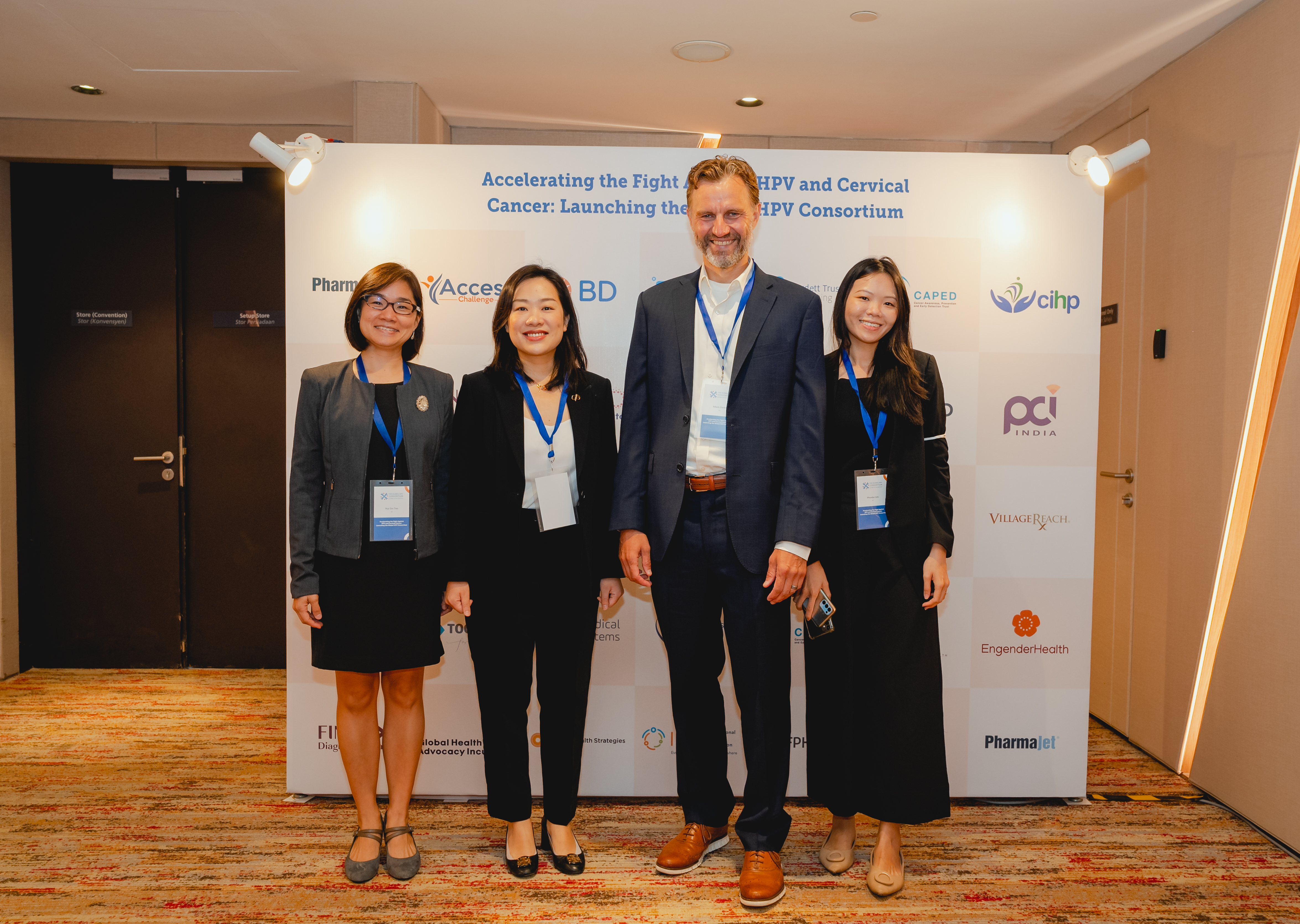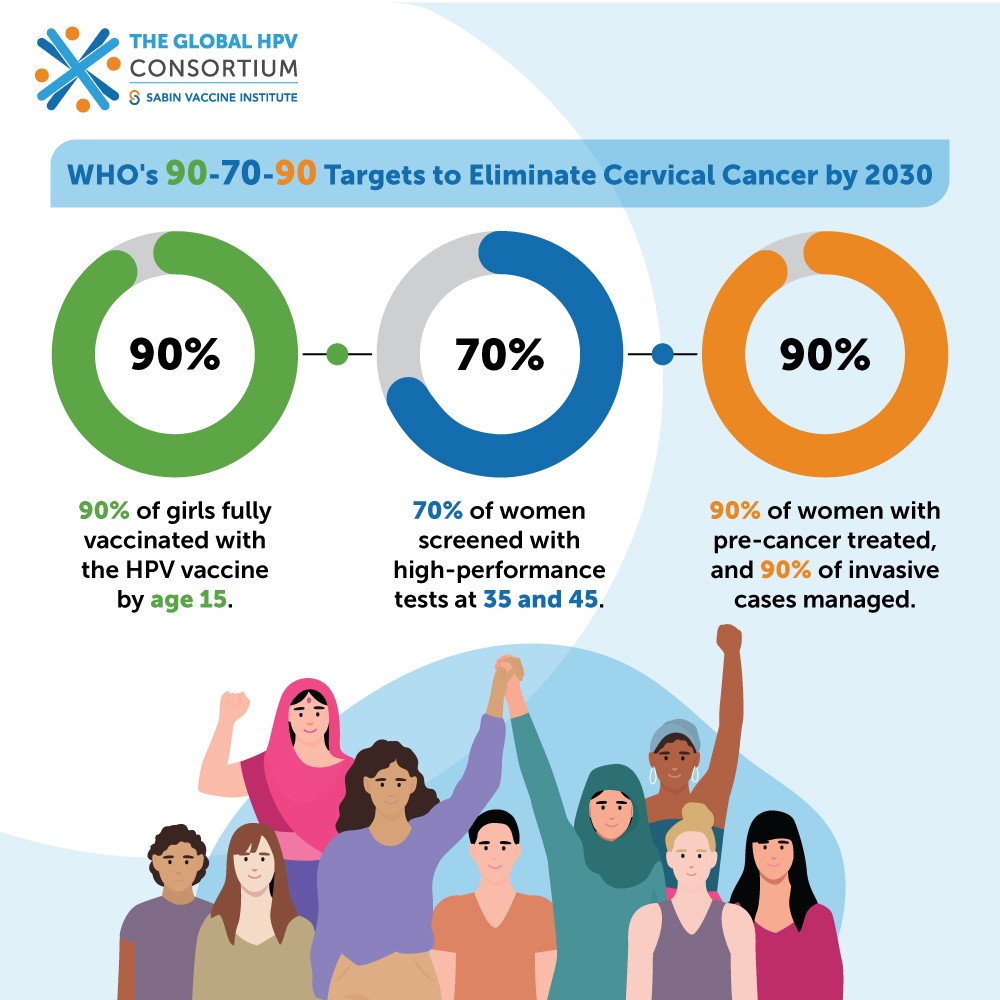“Cervical cancer is not only a health concern, but also a barrier to women’s ability to pursue an education, advance their economic opportunities and support the well-being of their families.”
These words came from Dr. Ngozi Okonjo-Iweala, Director-General of the World Trade Organization, in support of The Global HPV Consortium, an international organization that strives to be a global resource hub for national programs working to eliminate cervical cancer and preventing HPV infections.
The Consortium – of which BD is a founding member – launched at an event in Kuala Lumpur in September, bringing together representatives from the private sector, civil society and other non-profit organizations as well as government leaders from numerous countries representing Asia, Africa, Latin America and the Middle East, all united in their goal to eliminate cervical cancer elimination.


The WHO has outlined three strategic pillars that, together, can eliminate cervical cancer: vaccination, screening and treatment. A frequently recognized challenge is around screening, with barriers ranging from awareness and access, to effective implementation and understanding of cultural barriers, economics and costs.

From the World Health Organization:
- Cervical cancer is the fourth most common cancer among women globally, with an estimated 604 000 new cases and 342 000 deaths in 2020.
- About 90% of the new cases and deaths worldwide in 2020 occurred in low- and middle-income countries
- Women living with HIV are 6 times more likely to develop cervical cancer compared to women without HIV.
- Cervical cancer can be cured if diagnosed at an early stage and treated promptly.
At BD, we are leading efforts to shape the screening pillar and provide countries with the tools needed to launch impactful programs to detect HPV infections and diagnose cervical cancer early. Our portfolio of solutions includes automated molecular and cytology diagnostic products paired with informatics connectivity, that countries are looking to as they seek to scale up their screening programs across different testing paradigms.
Our driving Purpose – which influences everything we do – is to advance the world of health. We see our responsibility going beyond developing meaningful health care technologies to helping ensure these innovations are available to people regardless of geography, demographics, or socioeconomic status. This is core to achieving a healthier, more equitable world.
Subscribe to receive BD blog alerts